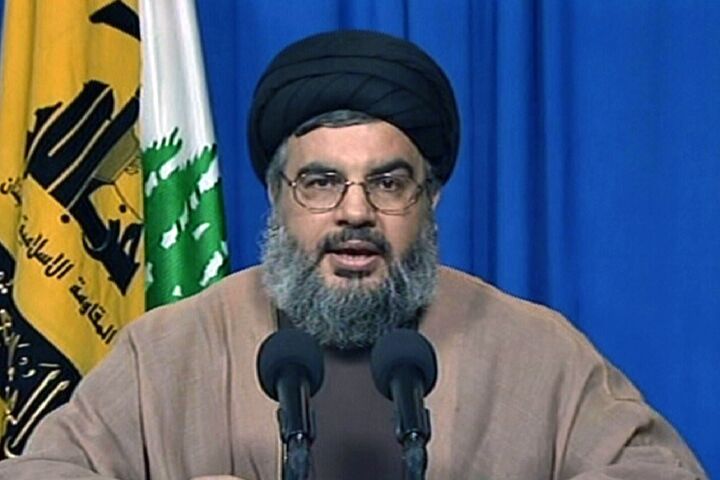
Hezbollah Demands Controlling Veto in New Lebanese Government
Lebanon’s presidential crisis is set to continue after Hezbollah leader Sheik Hassan Nasrallah said on Wednesday that no election would take place unless Hezbollah received veto power in the future government. Hezbollah is close to Syria and Iran, and is looking to effectively control the Lebanese government.
Hezbollah is recognized as a terrorist organization by the U.S. State Department and the Home Office.
Nasrallah’s avowal came just days after the government postponed for the 11th time a parliamentary presidential election. Former President Emile Lahoud stepped down November 23, and Lebanon has not had a president since, due to a power struggle between Hezbollah and the Western-backed, anti-Syrian government of Prime Minister Fuad Saniora, which holds a slim parliamentary majority, but not enough for a two-thirds quorum.
Syria, which has long been tied to Hezbollah, has dominated Lebanon since the mid-1970s and maintained thousands of troops there until 2005, when international pressure forced Damascus to withdraw them. However, the Syrian administration of Bashar Assad continues to interfere with Lebanese politics.
No small part of Syria’s interference in Lebanese politics involves assassinating people. As a political tool, Damascus is suspected to have executed kill orders against numerous anti-Syrian leaders, including sitting members of parliament. Syria is also suspected of orchestrating the assassination of former Lebanese Prime Minister Rafiq Hariri for his efforts to reduce Syrian dominance in Lebanon.
International reactions against that assassination three years ago forced Syria to withdraw its troops and ushered in the March 14 “Cedar Revolution.” Many believed democracy could begin flourishing in Lebanon. However, 2008 finds that far from the case. Syrian intelligence and Iranian forces inside Lebanon continue to exert influence there, and Hezbollah appears to be negotiating from a position of power.
Last October, Hariri’s son, Saad Hariri, visited Washington to meet President George W. Bush and other top executive and legislative leaders, and told journalists, “There is a killing machine in Syria. We came to Washington to say, ‘If you are going to do something about it, let us know. If you are not going to do anything about it, let us know. But no matter what, we’re not going to give in.’”
The Weekly Standard commented, “Hariri and the rest apparently did give in. March 14 figures are being picked off one by one, and their Washington ally, the world’s lone superpower, has done nothing to check the violence” (Nov. 30, 2007).
Reports indicate that the Bush administration made a quiet deal with Damascus, where Syria agreed to come to the Annapolis conference and Washington allowed it to have its pick for Lebanon’s next president. That pick is Lebanese Army commander Michel Suleiman. Hariri and the rest of those opposed to Syrian interference in Lebanese politics have had to give in. The installation of Suleiman, should it take place, would require the Lebanese Constitution to be amended (to allow for a sitting military chief to assume the presidency), an ironic state of affairs facilitated by the world’s leading democracy and democracy exporter, so-called.
But Nasrallah’s statement reveals that even all this is not enough for Hezbollah: It demands veto powers in any upcoming administration. Thus: political stalemate in Lebanon—with the government being held to ransom by a terrorist organization.
For more on how these events actually lead to a hope-filled outcome, read History and Prophecy of the Middle East.
